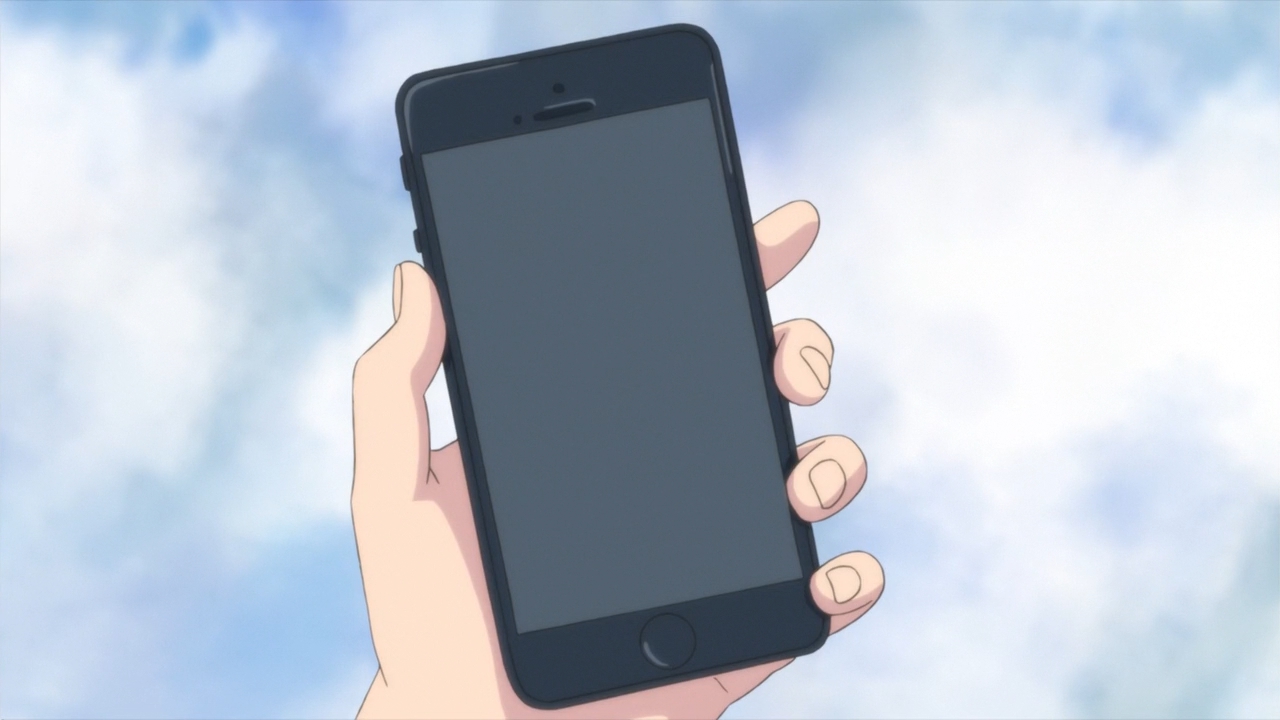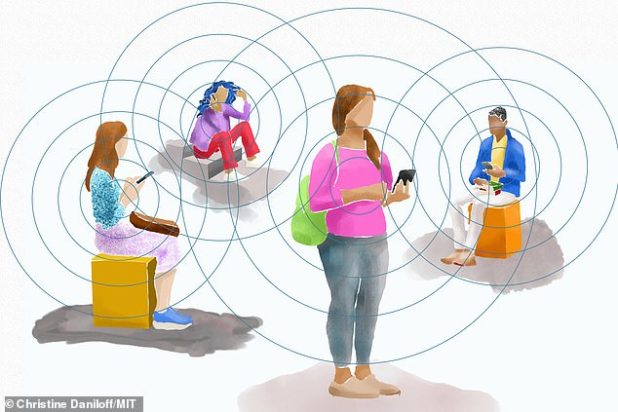Phones will report to the government who interacted with whom.
When people bought their phones, they thought they were buying just a smartphone with cameras and internet access.
But now, phones are going to be turned into mass surveillance devices because the flu is very scary.
Apple and Google are joining forces in a bid to develop technology where smartphones can warn users that they may potentially be exposed to coronavirus.
The rival companies are opening up their mobile operating systems so both iPhone and Android devices can run contact tracing apps.
These work by using a mobile’s Bluetooth signals to track every other phone its user has come into close contact with.
The implementation has raised concerns over potential beaches of privacy, though the tech giants insist that the data will be anonymous and that ‘privacy, transparency and consent are of utmost importance’.
If a person using the app then tests positive for Covid-19, they can then upload their movements to a public database.
Other users will then be able to anonymously check their own logs against others to see if they’ve potentially been exposed to a carrier of the virus.
If there’s a match, the person will receive a message indicating when and where they might have been exposed, along with guidance as to whether they should just watch for symptoms, seek testing, or self-quarantine.
The absurdity of the situation reaches unbearable levels once you remember that coronavirus is literally just the flu and all of these extreme measures are being pushed to fight the same flu that’s been killing pretty much the same number of people every year for decades.
Under the plans, the phone records the date, time, distance, and duration of contact between the two devices, but unlike the Find My App feature, it doesn’t use GPS data to ensure the logs remain anonymous.
The app will also periodically create new ID codes for each device to make it hard to trace any interaction back to any specific individual.
‘Privacy, transparency, and consent are of utmost importance in this effort, and we look forward to building this functionality in consultation with interested stakeholders,’ the companies said in a joint statement.
‘We will openly publish information about our work for others to analyse.’
While interest in contact tracing apps has been high among governments, some healthcare workers are skeptical about their usefulness.
According to Farzad Mostashari, the former national coordinator for health information technology at the Department of Health and Human Services, the main obstacle is that apps only work with widespread cooperation from the public, which shouldn’t be taken as a given.
Oh, don’t worry about that.
The solution is easy: just make it mandatory. Tell people that if they don’t use the app, they have to continue living under lockdown.
They’re already talking about vaccines being the only viable way out of the lockdown, so they might as well also demand use of “contact tracing” apps too.

